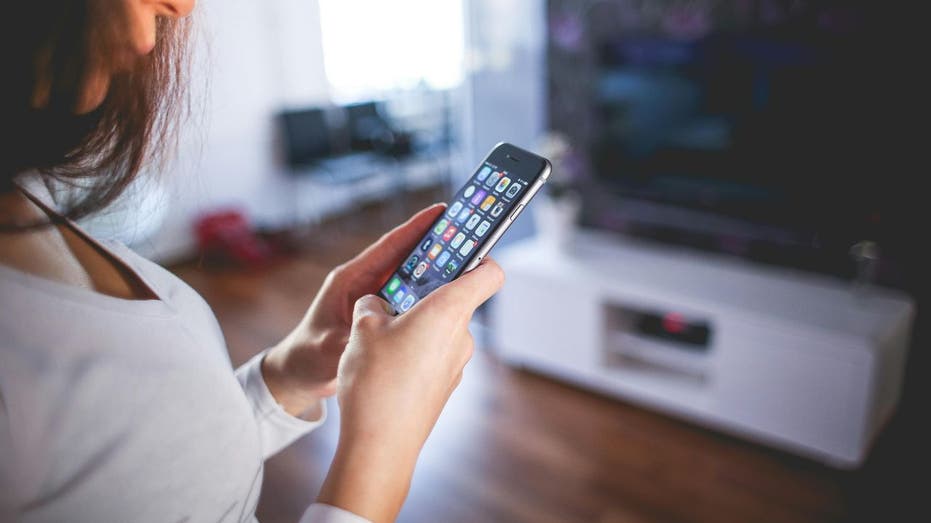Don’t Fall for the “Apple ID Suspended” Phishing Scam: Here’s How to Protect Yourself

In today’s digital landscape, scammers are constantly evolving their tactics to deceive unsuspecting victims. One particularly insidious scam that has gained traction over the last few years is the “Apple ID Suspended” phishing scam. Even the most tech-savvy individuals can find themselves questioning if an email is legitimate.
Understanding the Scam: How It Works
The scam typically begins with an email that appears to be from Apple, notifying you that your Apple ID has been suspended. The sender’s name may display as “Apple,” but the email is actually from a malicious actor attempting to lure you into clicking a harmful link.
-
Industrial air purification: Safety and efficiency with spark arresters for bag filters and FRP scrubbers

-
OpenAI Reverses Decision, Restores GPT-4o After User Backlash

-
AI Empowers Paralyzed Individual to Command Robotic Arm Using Brain Signals

-
UK Teens Indicted for Ransomware Campaign Targeting US Companies and London Transit

Phishing emails have dramatically improved in sophistication. In the past, they were often plain text with no Apple branding, but now they mimic authentic Apple communications closely. These fraudulent messages include the Apple logo, claim to be from “Apple ID,” and feature a prominent button urging you to “Go to Apple ID.”
Urgency and Deception: The Tactics Used
The email may purport to be from Apple Support, claiming your access is suspended due to “unusual activity” or missing information. It usually warns that your account and Apple services will be inaccessible until your identity is verified. To heighten the sense of urgency, the email may state that failure to verify your Apple ID within 24 hours will result in permanent account blocking.
Spotting Red Flags: How to Identify Phishing Attempts
It’s easy to get caught off guard, but there are clear indicators of a phishing attempt. For example, if you look closely, you might notice the email is not genuinely from Apple. A quick check of the sender’s domain can reveal that the email address is not associated with Apple, such as an address ending in @uaepass.ae, rather than the legitimate @email.apple.com.
Additionally, poor grammar and punctuation are often telltale signs of a scam. A reputable company like Apple would never send out emails filled with errors. For instance, sentences like “Therefore we need to re-verify your account data” and “if you did not verify your account within 48 hour, your account will be permanently locked” are glaring signs that the message is not professional.
Steps to Safeguard Yourself Against Phishing Scams
To protect yourself from falling victim to these scams, here are several practical steps you can take:
1. **Verify the Sender’s Email Address**: Always check the email address of the sender. Authentic Apple emails will come from the domain ending in “@email.apple.com.” If it comes from anywhere else, it’s likely a scam.
2. **Look for Spelling and Grammar Mistakes**: Be wary of emails that contain awkward phrasing or grammatical errors. Legitimate companies invest in professional writing.
3. **Avoid Clicking on Suspicious Links**: If an email prompts you to click a link, hover over it first to see the actual URL. If it doesn’t resemble an official Apple site, do not click it.
4. **Enable Two-Factor Authentication (2FA)**: This adds an additional layer of security to your Apple ID. Even if a scammer obtains your password, they cannot access your account without the second form of verification.
5. **Verify Directly with Apple**: If you receive an email that raises suspicion, visit Apple’s official website directly or contact their support team without using any links provided in the email.
6. **Invest in Data Removal Services**: Scammers often use publicly available personal information to craft convincing phishing attempts. Consider investing in services that help remove your data from the internet, making it harder for scammers to target you.
Staying Vigilant: Your Best Defense Against Scams
While scammers continue to become more sophisticated, you can protect yourself by remaining vigilant and aware of the signs of phishing attempts. Always double-check the sender’s email address, watch for grammatical errors, and refrain from clicking on suspicious links. If something feels off, go directly to Apple’s official website or contact their support for clarification.
Do you believe that tech companies like Apple are doing enough to safeguard users against scams? Share your thoughts with us.
For more insights on tech and security alerts, subscribe to our newsletter for the latest updates. Stay informed and stay safe!
